Human Rights and Social Justice
Introduction
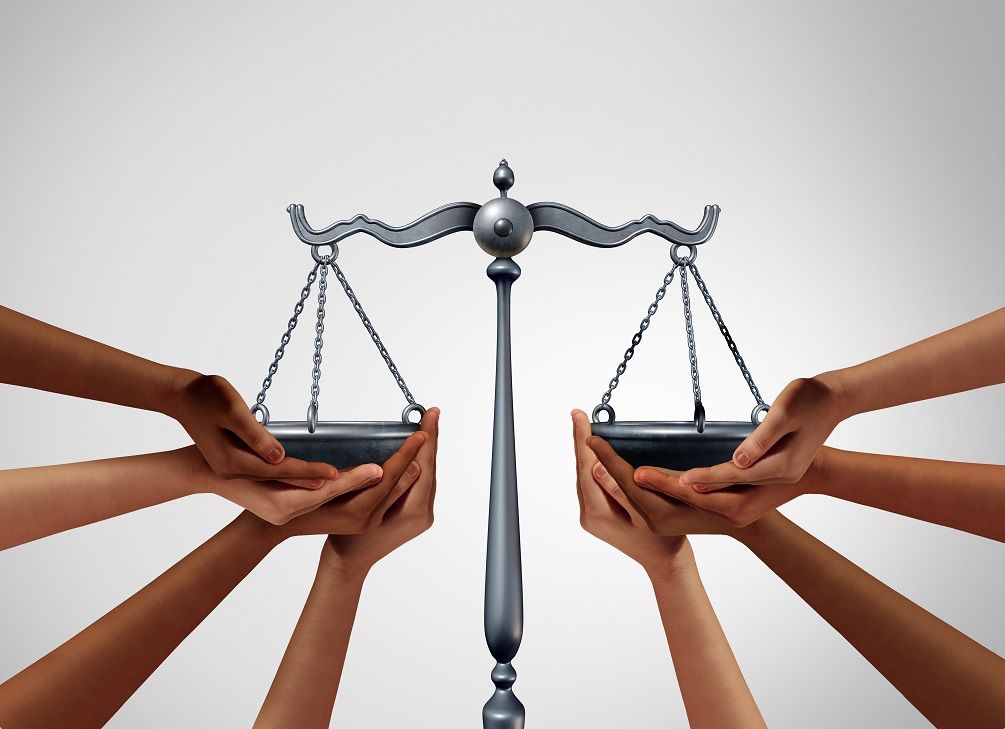 Human rights and social justice are fundamental principles that shape the fabric of our global society. These concepts are intertwined, aiming to ensure that every individual enjoys the inherent dignity and equality they deserve. As the world becomes more interconnected, the pursuit of human rights and social justice becomes increasingly critical, requiring a collective effort to address systemic inequalities and injustices. This essay digs into the intricate relationship between human rights and social justice, exploring their definitions, historical contexts, current challenges, and future directions.
Human rights and social justice are fundamental principles that shape the fabric of our global society. These concepts are intertwined, aiming to ensure that every individual enjoys the inherent dignity and equality they deserve. As the world becomes more interconnected, the pursuit of human rights and social justice becomes increasingly critical, requiring a collective effort to address systemic inequalities and injustices. This essay digs into the intricate relationship between human rights and social justice, exploring their definitions, historical contexts, current challenges, and future directions.
Understanding Human Rights
Human rights are the basic rights and freedoms that belong to every person in the world, from birth until death. They are universal, inalienable, and indivisible, encompassing a wide range of civil, political, economic, social, and cultural rights. These rights are enshrined in various international documents, with the Universal Declaration of Human Rights (UDHR) of 1948 serving as the cornerstone.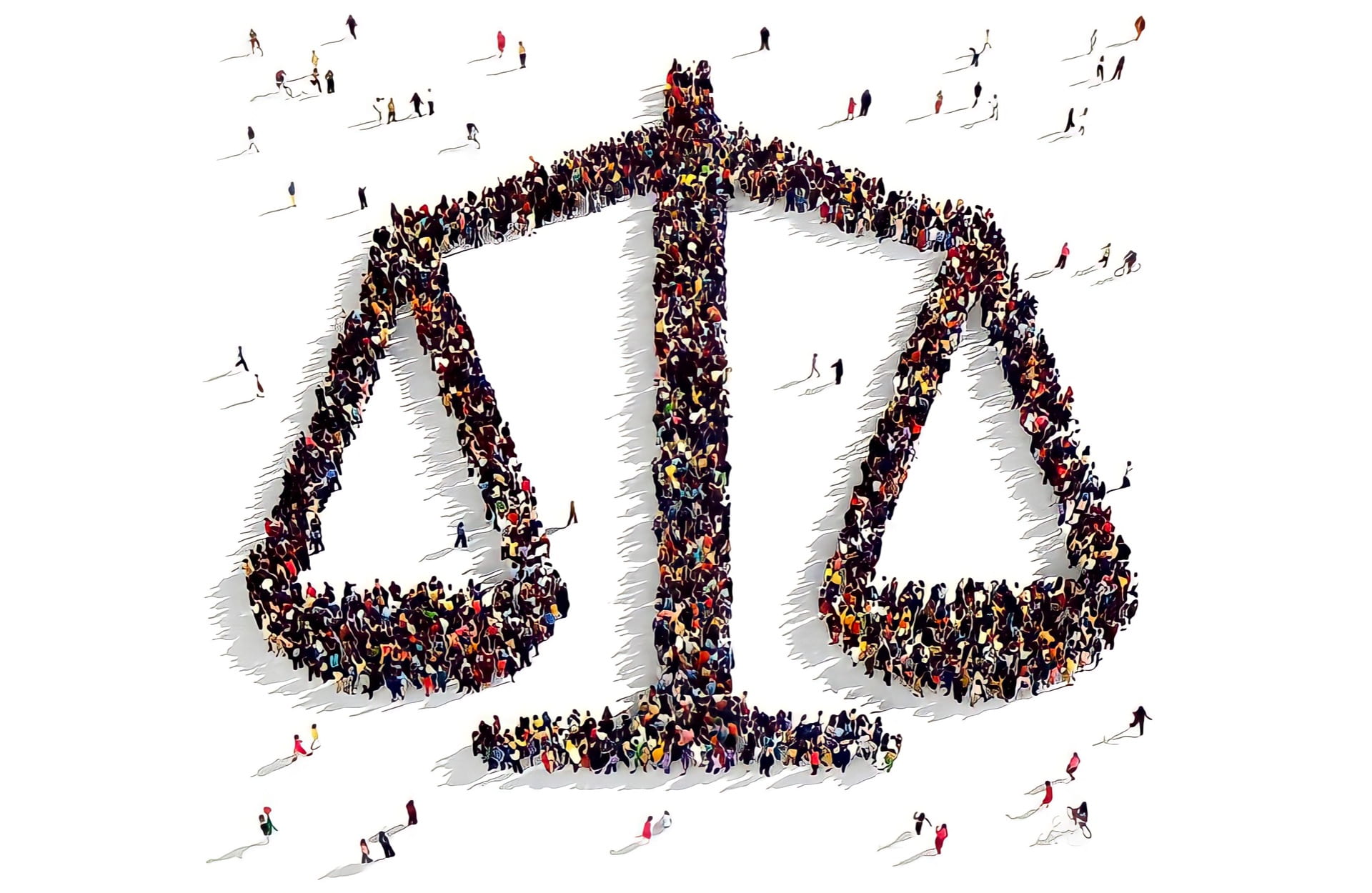 The UDHR outlines fundamental rights such as the right to life, liberty, and security; freedom from torture and slavery; freedom of thought, conscience, and religion; and the right to work, education, and an adequate standard of living. These rights are not privileges, but entitlements that every human being should enjoy without discrimination.
The UDHR outlines fundamental rights such as the right to life, liberty, and security; freedom from torture and slavery; freedom of thought, conscience, and religion; and the right to work, education, and an adequate standard of living. These rights are not privileges, but entitlements that every human being should enjoy without discrimination.
Historical Context of Human Rights
The concept of human rights has evolved over centuries, influenced by philosophical, religious, and political movements. Early notions of human rights can be traced back to ancient civilizations. For example, the Cyrus Cylinder from ancient Persia and the Edicts of Ashoka from India reflected early forms of rights protection.
The modern human rights movement gained momentum during the Enlightenment, with philosophers like John Locke and Jean-Jacques Rousseau advocating for natural rights and the social contract. The atrocities of World War II, however, marked a pivotal moment in human rights history. The Holocaust and other war crimes highlighted the need for a comprehensive and enforceable framework to protect human rights globally, leading to the establishment of the United Nations and the adoption of the UDHR.
Defining Social Justice
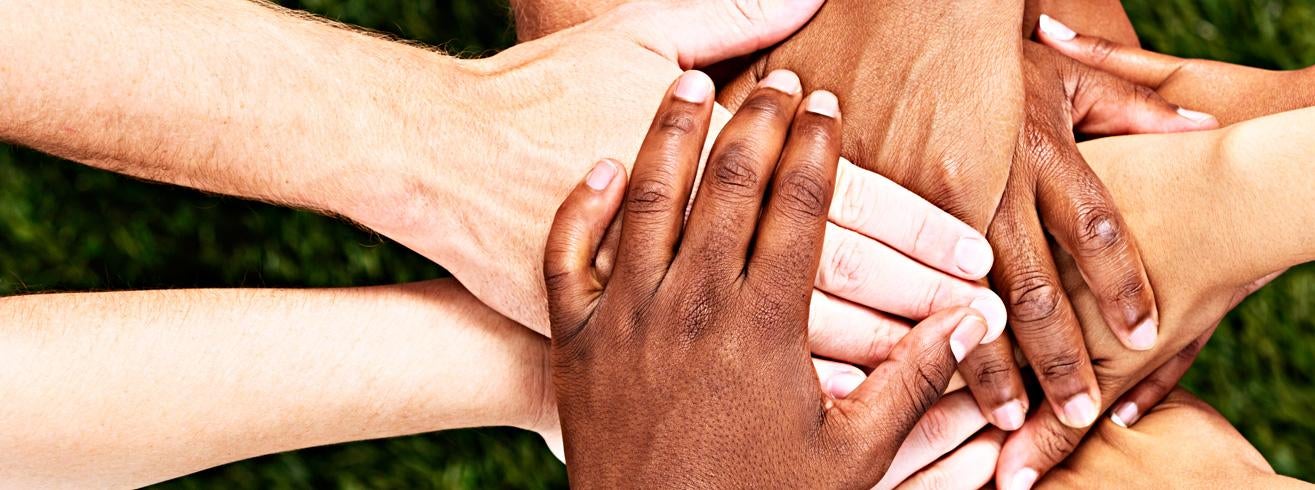 Social justice refers to the fair and just distribution of resources, opportunities, and privileges within a society. It aims to create a society where everyone can achieve their full potential and have their basic needs met. Social justice is grounded in the principles of equality, equity, rights, and participation.
Social justice refers to the fair and just distribution of resources, opportunities, and privileges within a society. It aims to create a society where everyone can achieve their full potential and have their basic needs met. Social justice is grounded in the principles of equality, equity, rights, and participation.
Unlike human rights, which are often codified in laws and treaties, social justice is more of a guiding principle that influences policies and practices. It addresses systemic issues such as poverty, discrimination, and oppression, seeking to rectify historical injustices and create an inclusive society.
The Intersection of Human Rights and Social Justice
Human rights and social justice are deeply interconnected. Human rights provide the legal and moral foundation for social justice, ensuring that individuals are protected from abuses and can participate fully in society. Conversely, social justice seeks to create the conditions necessary for the realization of human rights.
For instance, the right to education (a human right) cannot be fully realized without addressing social justice issues such as poverty, discrimination, and unequal access to resources. Similarly, achieving social justice in healthcare requires upholding the human right to health, ensuring that everyone has access to medical services without discrimination.
Current Challenges in Human Rights and Social Justice
Despite significant progress, numerous challenges hinder the realization of human rights and social justice. These challenges are complex and multifaceted, often requiring coordinated efforts at local, national, and international levels.
Economic Inequality
Economic inequality is a major barrier to both human rights and social justice. Wealth disparities lead to unequal access to essential services such as education, healthcare, and housing. This inequality perpetuates a cycle of poverty and marginalization, undermining social cohesion and stability.
Discrimination and Marginalization
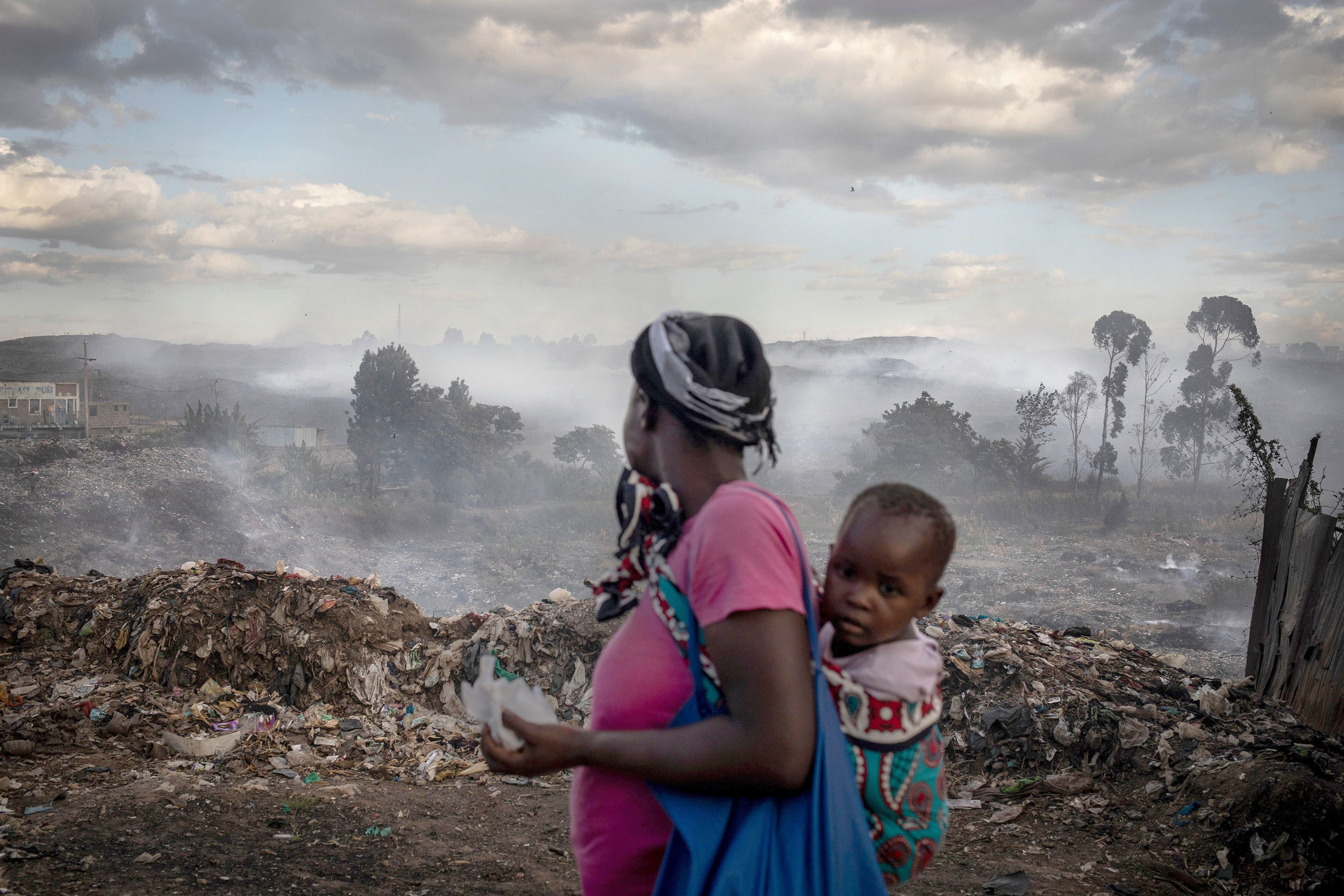 Discrimination based on race, gender, ethnicity, religion, sexual orientation, and other factors remains pervasive. Marginalized groups often face systemic barriers that limit their opportunities and violate their rights. For example, racial discrimination in law enforcement and the criminal justice system disproportionately affects people of color, leading to higher rates of incarceration and police violence.
Discrimination based on race, gender, ethnicity, religion, sexual orientation, and other factors remains pervasive. Marginalized groups often face systemic barriers that limit their opportunities and violate their rights. For example, racial discrimination in law enforcement and the criminal justice system disproportionately affects people of color, leading to higher rates of incarceration and police violence.
Armed Conflict and Violence
Armed conflict and violence pose severe threats to human rights and social justice. War and conflict often result in widespread human rights abuses, including killings, torture, and forced displacement. Vulnerable populations, such as women and children, are particularly affected, facing increased risks of exploitation and abuse.
Climate Change
Climate change is an emerging challenge that intersects with human rights and social justice. Environmental degradation disproportionately affects poor and marginalized communities, exacerbating existing inequalities. Climate-related disasters can lead to displacement, food insecurity, and loss of livelihoods, making it crucial to address climate change through a lens of justice and equity.
Strategies for Promoting Human Rights and Social Justice
Addressing the challenges to human rights and social justice requires comprehensive strategies that involve various stakeholders, including governments, civil society, international organizations, and the private sector. Here are some key strategies:
Legal Frameworks and Policies
Establishing and enforcing robust legal frameworks is essential for protecting human rights and promoting social justice. Governments must enact laws that prohibit discrimination, ensure equal access to resources, and hold violators accountable. International treaties and conventions also play a critical role in setting standards and promoting global cooperation.
Education and Awareness
Education is a powerful tool for advancing human rights and social justice. Raising awareness about rights and justice issues empowers individuals to advocate for themselves and others. Educational programs should include human rights education, fostering a culture of respect, tolerance, and inclusion.
Grassroots Movements and Advocacy
Grassroots movements and advocacy organizations are vital in driving social change. These groups often work on the front lines, addressing specific issues and representing marginalized communities. Their efforts can lead to significant policy changes and greater public awareness of human rights and social justice issues.
Economic and Social Policies
Governments must implement economic and social policies that promote equality and reduce poverty. This includes progressive taxation, social welfare programs, and policies that ensure fair wages and working conditions. Equitable access to healthcare, education, and housing is also crucial for achieving social justice.
International Cooperation
Global challenges require global solutions. International cooperation is essential for addressing issues such as human trafficking, climate change, and armed conflict. Multilateral organizations like the United Nations play a key role in coordinating efforts and providing platforms for dialogue and collaboration.
Case Studies in Human Rights and Social Justice
Examining specific case studies can provide deeper insights into the complexities of human rights and social justice issues. Here are a few notable examples:
The Civil Rights Movement in the United States
The Civil Rights Movement of the 1950s and 1960s was a pivotal moment in the fight for human rights and social justice in the United States. Leaders like Martin Luther King Jr. and Rosa Parks mobilized mass protests and civil disobedience to challenge racial segregation and discrimination. Their efforts led to significant legislative changes, including the Civil Rights Act of 1964 and the Voting Rights Act of 1965, which dismantled institutionalized racism and expanded rights for African Americans.
The Truth and Reconciliation Commission in South Africa
South Africa's Truth and Reconciliation Commission (TRC) is a notable example of addressing past human rights abuses to promote social justice. Established after the end of apartheid, the TRC aimed to uncover the truth about human rights violations and promote national healing. By providing a platform for victims and perpetrators to share their experiences, the TRC contributed to a broader understanding of the injustices of apartheid and laid the groundwork for reconciliation and social justice.
The Women's Rights Movement
The global women's rights movement has made significant strides in advancing gender equality and women's rights. From securing the right to vote to fighting for equal pay and reproductive rights, women around the world have challenged patriarchal norms and systemic discrimination. International agreements like the Convention on the Elimination of All Forms of Discrimination Against Women (CEDAW) have played a crucial role in promoting gender equality and protecting women's rights.
The Future of Human Rights and Social Justice
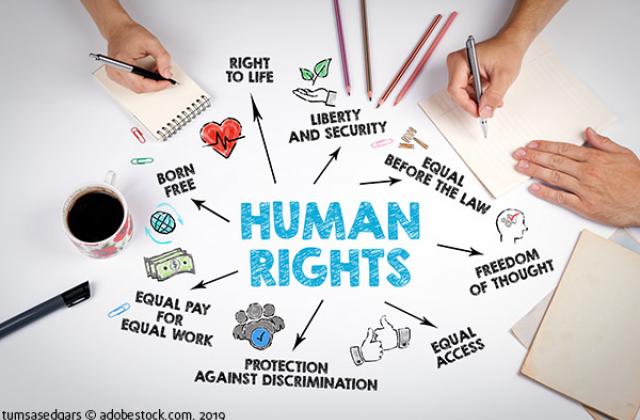 Looking ahead, the pursuit of human rights and social justice will continue to face challenges and opportunities. Technological advancements, demographic shifts, and environmental changes will shape the landscape of rights and justice issues. Here are some key considerations for the future:
Looking ahead, the pursuit of human rights and social justice will continue to face challenges and opportunities. Technological advancements, demographic shifts, and environmental changes will shape the landscape of rights and justice issues. Here are some key considerations for the future:
Technology and Human Rights
Technological advancements present both opportunities and challenges for human rights. On one hand, technology can enhance access to information, education, and healthcare, empowering individuals and communities. On the other hand, issues like digital surveillance, cyber-attacks, and data privacy pose new threats to human rights. Ensuring that technology is used ethically and equitably is crucial for protecting human rights in the digital age.
Migration and Refugee Rights
Global migration patterns are changing, driven by factors such as conflict, climate change, and economic disparities. Protecting the rights of migrants and refugees is a pressing issue that requires international cooperation and comprehensive policies. Ensuring that migrants and refugees have access to basic services, legal protection, and opportunities for integration is essential for upholding their rights and promoting social justice.
Climate Justice
Addressing climate change through the lens of justice and equity is crucial for protecting vulnerable communities. Climate justice advocates for fair treatment of all people, recognizing that those who contribute least to climate change often suffer its worst impacts. Policies and actions to mitigate and adapt to climate change must prioritize the needs of marginalized communities and ensure their participation in decision-making processes.
Inclusive Development
Promoting inclusive development is essential for achieving social justice. This involves creating economic opportunities that benefit all segments of society, particularly marginalized groups. Inclusive development policies should focus on reducing poverty, improving access to education and healthcare, and ensuring that economic growth is sustainable and equitable.
Conclusion
 Human rights and social justice are fundamental pillars of a just and equitable society. They are intertwined concepts that require a comprehensive and collaborative approach to address the complex challenges of the modern world. By understanding their historical contexts, recognizing current challenges, and implementing effective strategies, we can work towards a future where every individual enjoys their inherent rights and lives in a just society. The journey towards achieving human rights and social justice is ongoing, but with collective effort and commitment, it is a journey that holds the promise of a better world for all.
Human rights and social justice are fundamental pillars of a just and equitable society. They are intertwined concepts that require a comprehensive and collaborative approach to address the complex challenges of the modern world. By understanding their historical contexts, recognizing current challenges, and implementing effective strategies, we can work towards a future where every individual enjoys their inherent rights and lives in a just society. The journey towards achieving human rights and social justice is ongoing, but with collective effort and commitment, it is a journey that holds the promise of a better world for all.



































![[ℕ𝕖𝕧𝕖𝕣] 𝕊𝕖𝕝𝕝 𝕐𝕠𝕦𝕣 𝔹𝕚𝕥𝕔𝕠𝕚𝕟 - And Now What.... Pray To The God Of Hopium?](https://cdn.bulbapp.io/frontend/images/79e7827b-c644-4853-b048-a9601a8a8da7/1)
























